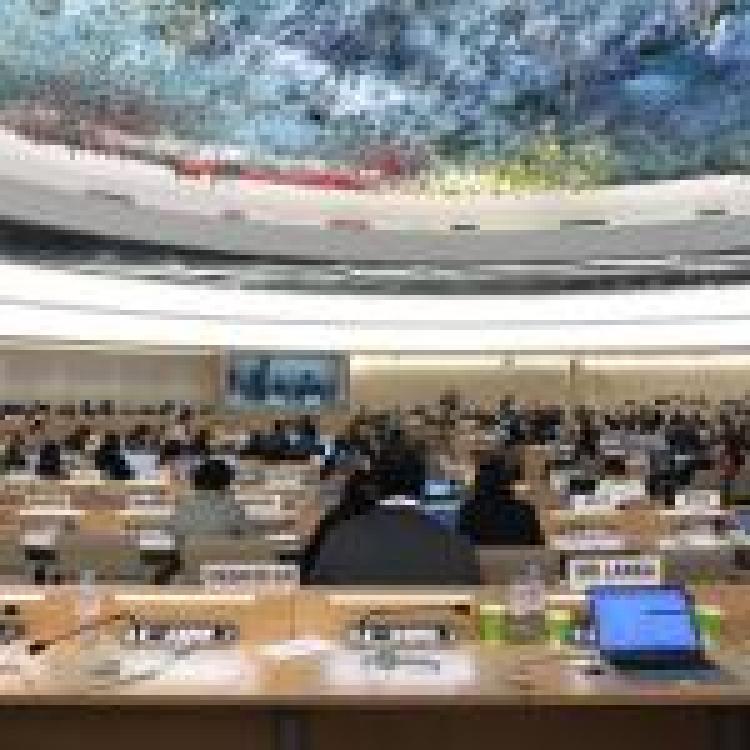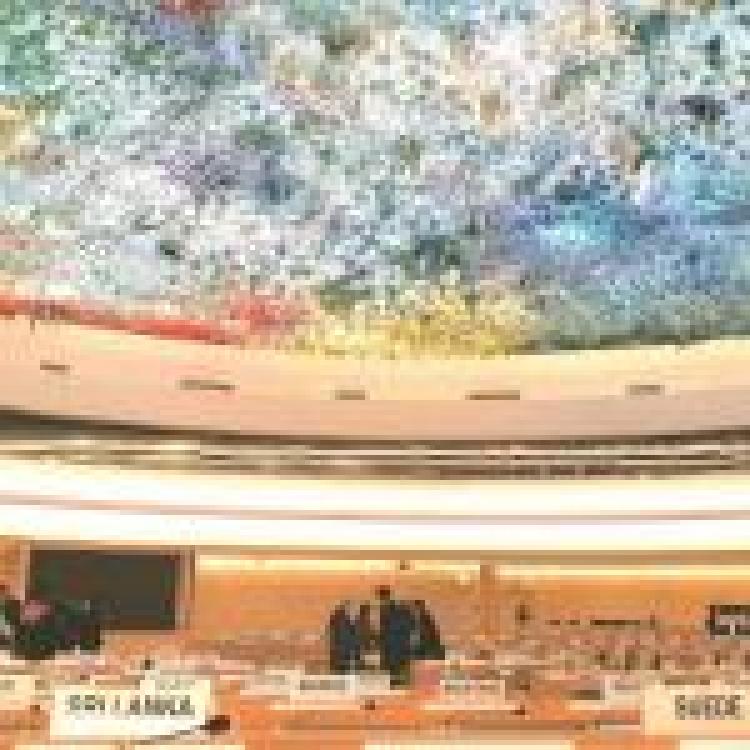The German Foreign Ministry’s report on human rights around the world highlighted Sri Lanka’s continuing military occupation of land in the North-East and lack of accountability for crimes committed during the armed conflict last month.
The report, which examines the period from October 2016 until September 2018, stated that “a judicial accountability mechanism to investigate alleged crimes during the civil war also remained unaddressed”. “The government rejected any international involvement in such a judicial body,” it noted.
Just weeks after the report was published Colombo reiterated its rejection of an international mechanism at the UN Human Rights Council, where Sri Lanka was granted a two year extension to implement such a mechanism.
The German report also highlighted a range of various issues across the island, noting that “more action was still required for the return of land occupied by the military during the civil war”. It went on to state that “anti-terrorism legislation was also not reformed” and it “has resulted in many arbitrary arrests and difficult obstacles for fair trials”.
Germany also noted its engagement with Sri Lanka stating that it “promoted the reconciliation process in Sri Lanka with specific projects in peacebuilding, memorialisation and conflict prevention”.
“The re-establishment of the Generalized System of Preferences (GSP+) by the EU for Sri Lanka has resulted in the implementation of 27 international agreements on human and labour rights, environmental protection and good governance,” it added.
See the full text of the German report here.
The reinstatement of the GSP+ tariffs looked under threat after Sri Lanka’s president warned he would reinstatement capital punishment across the island, with the European Union also calling on Sri Lanka to repeal its draconian anti-terror legislation, as it had pledged to do so.
Speaking at the UN Human Rights Council last week, Germany expressed concern about the Sri Lankan president's call for an end to the moratorium on the death penalty and reiterated the need for a time-bound strategy in implenting a UN resolution on accountability.


